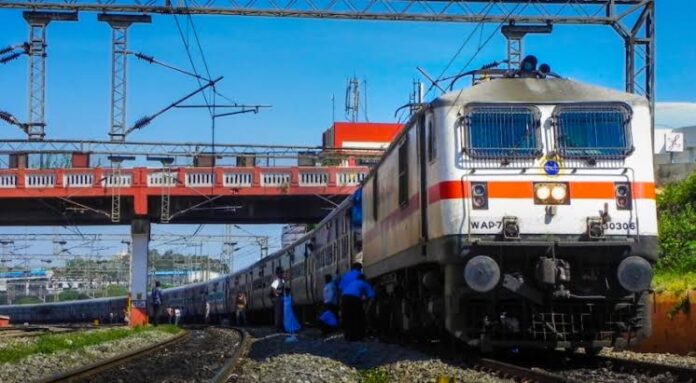Indian Railways operates a vast network that serves diverse regions and populations across the country. While it may seem logical to close trains that are not generating significant revenue, there are several reasons why Indian Railways doesn’t take such a step.
- Indian Railways has a social responsibility to provide transportation services to all regions, including remote and economically less-developed areas. Closing trains that are not profitable would deprive these communities of essential connectivity, which could have adverse effects on their livelihoods and access to basic services.
Indian Railways aims to ensure equitable access to transportation for all citizens, regardless of their economic status or geographic location. Closing trains solely based on profitability would disproportionately affect marginalized communities and exacerbate regional disparities.
Indian Railways operates under a public service obligation, providing essential services to the public. While some trains may not be financially viable on their own, they contribute to the overall network’s viability and support the transportation needs of the entire population.
Trains that may currently be unprofitable could witness increased demand in the future due to changing demographics, economic growth, or tourism potential. Keeping these trains operational allows for the possibility of revival and ensures that infrastructure and services are already in place.- Indian Railways explores alternative revenue streams such as advertising, sponsorships, and cargo services to supplement the income from passenger fares. This approach helps offset losses on certain routes and maintains the overall viability of the railway system.
While financial viability is an important consideration, Indian Railways takes a holistic approach, considering social, economic, and developmental aspects in its decision-making process. The focus is on providing inclusive, accessible, and sustainable transportation services to all segments of society, even if it means operating trains that may not be generating substantial profits at present.

